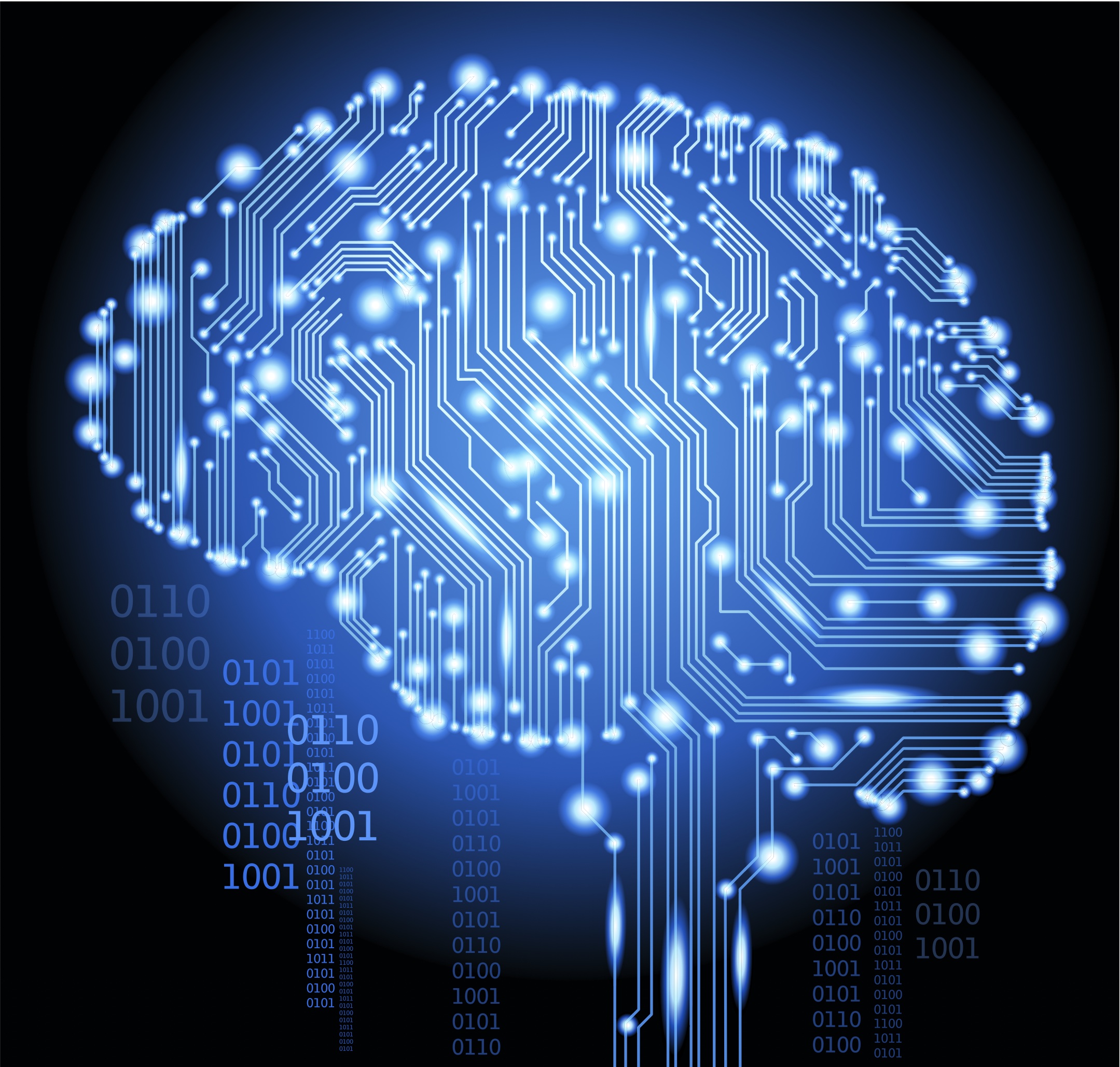You may already check the weather or order more paper towels using Amazon Echo, remind yourself to pick up milk at the store using Microsoft Cortana and make dinner reservations using Apple’s Siri. Cognitive computing is changing the way we function at home, and it’s quickly moving into the workplace by providing greater collaboration between humans and systems by analyzing massive amounts of data to deliver insights quickly.
Last year, KPMG announced plans to apply IBM’s Watson cognitive computing to its auditing services. This technology gives KPMG the ability to analyze a greater volume of data, giving them enhanced insights into their client’s financial and business operations. The usefulness is not limited to audit departments. In February of this year, H&R Block announced a partnership with IBM Watson to reinvent tax preparation. Watson can comb through the massive amounts of data necessary for tax preparation, understanding context, interpreting intent, and drawing conclusions regarding a client’s tax statements and returns.
Does this mean artificial intelligence will be a job-killer in the accounting profession? On the contrary, most innovative firms believe cognitive computing will be a job-creator, relieving accountants of time-consuming and mundane process work and freeing up space to work on more complex work.
For an example of how this looks in other professions, consider IBM’s Watson Health Immersion Room. The demonstration shows a doctor evaluating treatment options for a cancer patient, including chemotherapy and surgery. Watson factors in the patient’s age, gender, and other health and demographic information and analyzes an extensive database of medical records and journals. Then, it provides the doctor with information on the merits of various treatment combinations, ranked by effectiveness, strength of supporting research, speed of treatment and convenience for the patient.
Note that in this scenario, Watson did not replace the doctor. It simply provided information to help the doctor decide on the best course of action for her patient based on its analysis. We believe the same will occur in the accounting profession.
That’s not to say that cognitive computing doesn’t present any risks to the profession. Firms that continue to base their revenue models on billing by the hour for lengthy tax research projects and compliance work should be concerned. Those that recognize the need to transform and expand their practice toward more advisory services will see this as an opportunity to move up the value chain.
How do we see artificial intelligence transforming the profession in the future?
Tax research and planning
Cognitive computing is especially valuable in tax compliance, an area that is heavily regulated and often faces rapid changes. The process of preparing filings, ensuring compliance, and optimizing a business’ tax position is complicated, resource intensive, and costly. With cognitive computing, a machine can contain the entire Internal Revenue Code, all Treasury regulations and other official guidance, rulings and advice and automatically assimilate updates.
Tax compliance won’t be a manual, deadline-driven, reporting process. Accountants will be able to give clients a real-time view of their tax position throughout the year and offer forward-looking strategies to improve their business.
Auditing
Cognitive computing can also be used to pore over thousands of pages of contracts and other documents, quickly summarizing them into useful criteria. Auditors will be able to analyze larger populations of data than possible in traditional sampling. As a result, they will free up time to focus on areas requiring more judgment and expertise.
Trend analytics
Cognitive computing can reveal insights that can inform operational and strategic decisions for clients. Accountants will be able to take large and complex data sets to make high-quality predictions for their clients, giving them an edge in their field.
Rather than taking the place of accountants, we believe cognitive computing will be used to augment the skill sets in our profession. It will serve as a complement to the evolution of accountants from technical advisors to strategic, value-added advisors. We already see the big names investing heavily in this technology. It’s wise to actively embrace its potential, rather than live in fear of its uncertainties.
Thanks for reading CPA Practice Advisor!
Subscribe Already registered? Log In
Need more information? Read the FAQs
Tags: Artificial Intelligence





